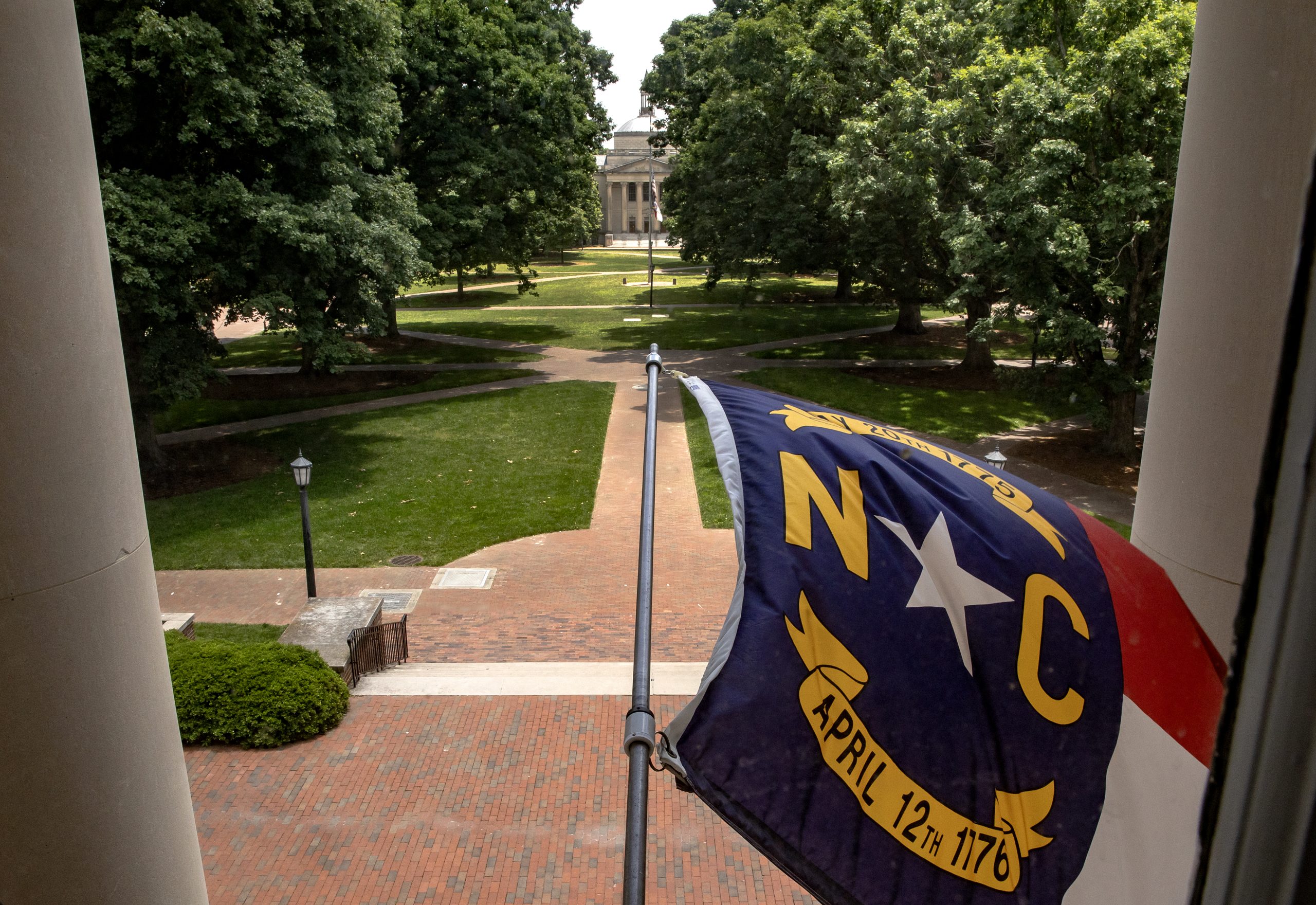School of Medicine notifies patients about data breach from phishing incident
(Chapel Hill, N.C.— Nov. 12, 2019) The University of North Carolina at Chapel Hill School of Medicine today announced it is mailing notification letters to an estimated 3,716 persons whose information may have been affected in a cyber phishing incident involving some School of Medicine email accounts.
A leading independent forensic firm conducted a lengthy and extensive review that concluded on Sept. 13, 2019, and confirmed that an unauthorized third party gained access to several email accounts during the approximate timeframe of May 17, 2018, to June 18, 2018. This review confirmed that some patients’ personal information was contained in the affected email accounts, possibly related to treatments received when they were seen by a UNC physician.
The information involved may have included patients’ names and dates of birth, and demographic data such as addresses, health insurance information, health information, Social Security numbers, financial account information and/or credit card information. The unauthorized third-party access was limited to the affected email accounts and did not impact medical record systems or patient care systems maintained by UNC Health Care. Information technology security teams continue to monitor relevant systems for unauthorized activity.
UNC School of Medicine began mailing notification letters to patients whose information was in the affected accounts on Nov. 12, 2019. UNC School of Medicine takes its obligation to protect patient privacy very seriously. If you believe you have been impacted by this incident and do not receive a letter by Dec. 15, 2019, please call 833-935-1367, Monday through Friday, 9 a.m. to 9 p.m.
For patients whose Social Security number was contained in the email accounts, UNC School of Medicine is offering complimentary credit monitoring and identity protection services. Additionally, UNC School of Medicine recommends affected patients review the statements they receive from their health care providers and health insurer. If a patient sees services they did not receive, please contact the provider or insurer immediately.
To help prevent something like this from happening again, UNC School of Medicine has implemented multi-factor authentication to increase the security of its email accounts and has enhanced employee training on phishing recognition and awareness.
-Carolina-
About the University of North Carolina at Chapel Hill
The University of North Carolina at Chapel Hill, the nation’s first public university, is a global higher education leader known for innovative teaching, research and public service. A member of the prestigious Association of American Universities, Carolina regularly ranks as the best value for academic quality in U.S. public higher education. Now in its third century, the University offers 77 bachelor’s, 111 master’s, 65 doctorate and seven professional degree programs through 14 schools and the College of Arts and Sciences. Every day, faculty, staff and students shape their teaching, research and public service to meet North Carolina’s most pressing needs in every region and all 100 counties. Carolina’s more than 322,000 alumni live in all 50 states, the District of Columbia and 165 countries. More than 175,000 live in North Carolina.
University Communications: Media Relations, 919-445-8555, mediarelations@unc.edu


